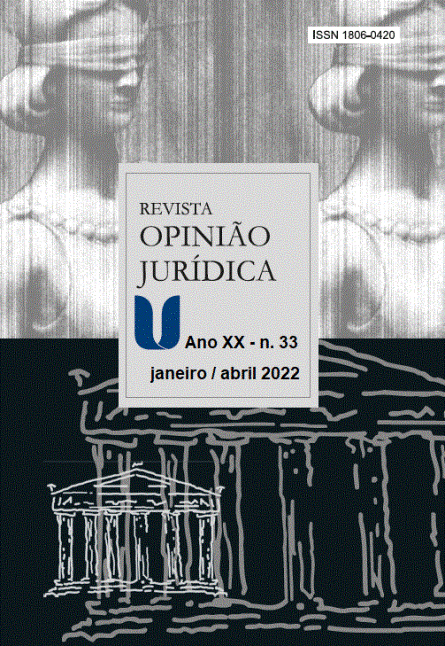CONFLICTS OF LAW AND JURISDICTION ON BLOCKCHAIN TRANSACTIONS
DOI:
https://doi.org/10.12662/2447-6641oj.v20i33.p60-82.2022Keywords:
blockchain, private international law, peer to peer, jurisdiction, conflict of lawsAbstract
Background: The technology known as blockchain allows private relations that are international per se, since its operation is based on decentralized logic, in which its different "nodes" are distributed in computers all over the world. However, to locate a transaction made through blockchain through the classical reasoning of Private International Law is a challenging task, which brings questions about how to address the matter of jurisdiction and choice of law in those legal relations.
Objective: The objective of this article is to present the difficulties in identifying the competent court and the connecting factor applicable to international conflicts potentially arising from the technology, as well as to point out possible paths for a solution.
Method: The research uses the deductive method; as for the procedure, it is a bibliographical research that analyzes studies and scientific articles on the subject.
Results: The research concludes that the application of classical criteria to solve conflicts of laws matters in the blockchain requires specific care and suggests that peer to peer technology itself can bring viable alternatives for greater legal security in the solution of conflicts emerging from technology.
Published
How to Cite
Issue
Section
License
CESSION OF COPYRIGHTS
The submission of articles to analysis for publication on Opinião Jurídica implies the author(s) transfers copyrights to Centro Universitário Christus – UNICHRISTUS for reproduction, publicizing, distribution, printing and publication, according to the Publication Norm 414R, Opin. Jur., Fortaleza, year 12, n. 16, p.1-414, Jan./Dec. 2014, costs to be bore by UNICHRISTUS, in whatever format or means that may or shall exist, in accordance to articles 49 and following of Federal Law 9.610/98.
1. In ceding copyrights, the author(s) agrees to do so in exclusivity, free of charge and for the totality of the work.
2. UNICHRISTUS may make the work, in its entirety or in parts, available for scholarly purposes, without altering its contents, except for small corrections that are deemed necessary.
3. The cession of copyrights is valid in all countries and for versions of the material in its original language or translated into a foreign language.
RESPONSIBILITY FOR THE CONTENT
By submitting an article, the author(s) declare to have sole responsibility for the content of the piece and is(are), therefore, responsible for any judicial or extrajudicial measures referring to it.
1. In case of joint authorship, all authors are considered collectively responsible, except when proved otherwise.


















